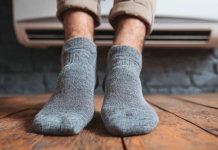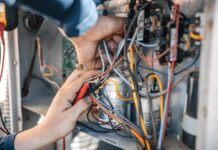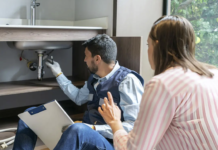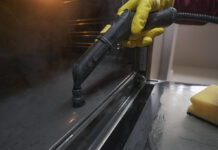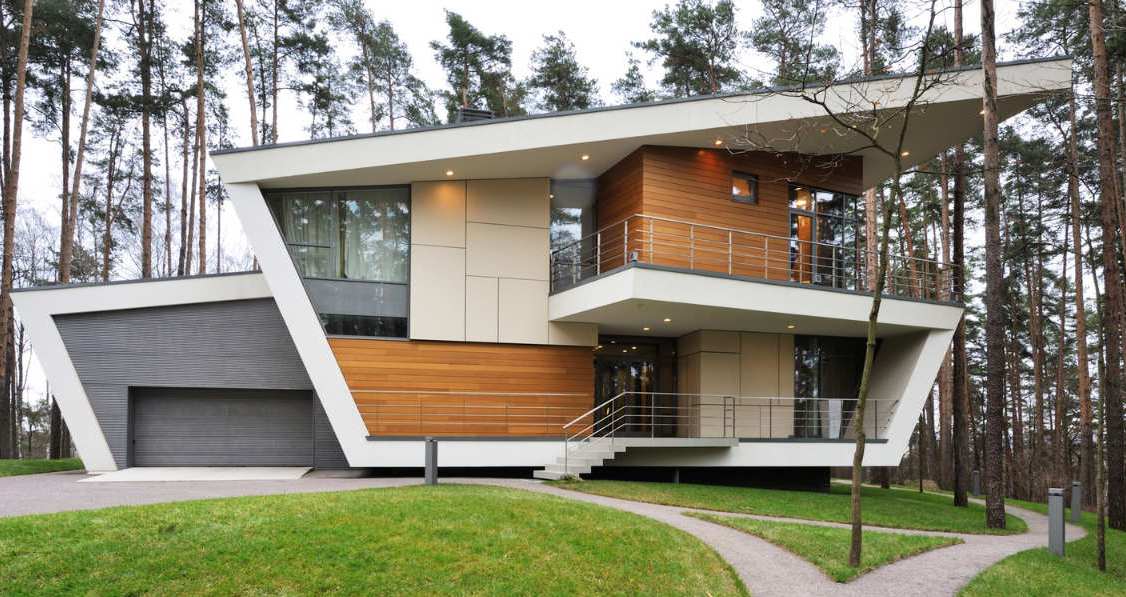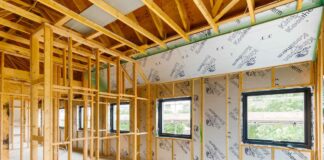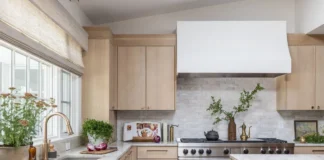Basement leaks can be a frustrating and damaging problem for homeowners. Understanding the common causes of basement leaks and knowing how to address them is essential for protecting your home’s foundation and preventing water damage. In this article, we will explore the key reasons behind basement leaks and provide effective solutions to address them.
Inadequate Drainage Systems:
Inadequate or malfunctioning drainage systems can contribute to basement leaks. If your home does not have a proper system for directing water away from the foundation, excess water can accumulate and seep into the basement. Ensure that your gutters and downspouts are clean and in good condition, directing water at least six feet away from the foundation. Regularly inspect and maintain these drainage systems to prevent clogs and ensure their proper functioning. Consider installing a sump pump system to collect and redirect water from the basement, especially if you live in an area prone to high groundwater levels.
Cracks in Foundation Walls:
Cracks in foundation walls are a common cause of basement leaks. These cracks can develop due to the settling of the foundation or other factors. Thoroughly inspect the foundation walls for cracks and seal them using epoxy or polyurethane injections. These materials create a watertight seal, preventing water from seeping into the basement. For larger or more severe cracks, consult with a professional to determine the best course of action, which may involve more extensive repairs. Addressing foundation wall cracks promptly is crucial to prevent further water damage and mold growth.
Plumbing Leaks:
Plumbing leaks can contribute to a basement leak if pipes or fixtures in the basement are faulty. Regularly inspect your plumbing system for signs of leaks, such as water stains or dampness. Repair any plumbing leaks immediately to prevent water from seeping through the walls or floor. Consider hiring a professional plumber to inspect and maintain your plumbing system regularly to prevent future leaks. Insulating pipes can also help prevent condensation, which can lead to moisture buildup and potential leaks in the basement.
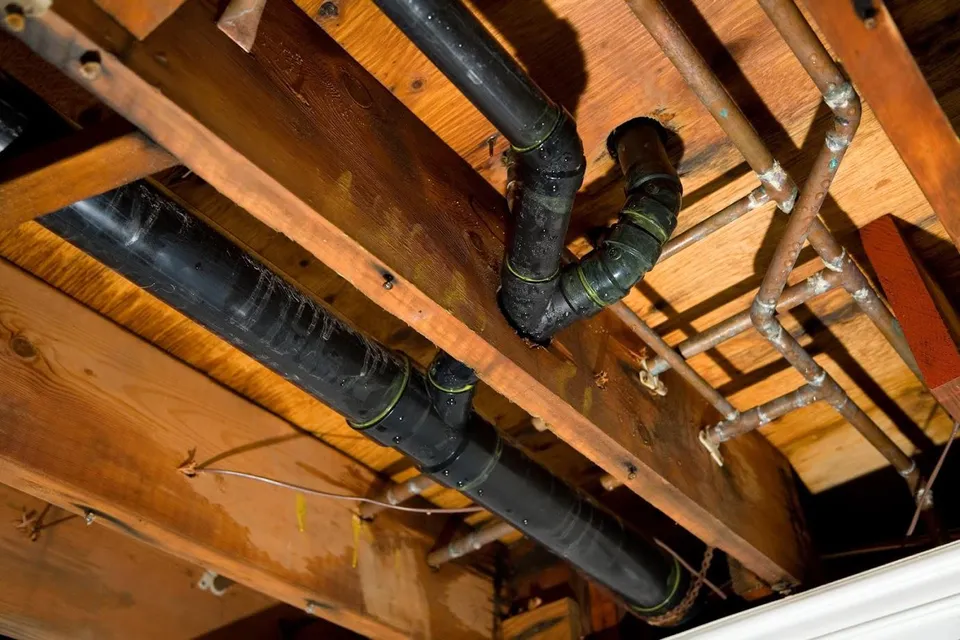
Poor Exterior Grading:
Poor exterior grading around the foundation can cause water to accumulate near the basement walls, leading to leaks. The ground should slope away from the foundation to ensure proper water drainage. If you notice that the soil around your foundation is sloping towards the basement, consider regarding the area by adding soil to create a proper slope. This will help divert water away from the foundation and prevent it from seeping into the basement.
Improper Window Well Installation:
Window wells are designed to allow natural light into basement windows, but if not properly installed or maintained, they can become a source of water leakage. Ensure that your window wells are installed correctly and are properly sealed. Consider installing window well covers to protect them from rainwater and debris. Regularly clean and clear the window wells to prevent clogs and blockages that can cause water to enter the basement through the windows.
Hydrostatic Pressure:
Hydrostatic pressure occurs when groundwater builds up around the foundation and exerts pressure against the basement walls. Over time, this pressure can cause water to seep through cracks or porous areas of the foundation. Installing a drain tile system or a French drain along the exterior perimeter of the foundation can help alleviate hydrostatic pressure by collecting and redirecting groundwater away from the foundation. This can significantly reduce the risk of basement leaks caused by hydrostatic pressure.
Condensation and Humidity:
Excessive moisture and high humidity levels in the basement can lead to condensation on walls, floors, and pipes, potentially causing leaks. To address this issue, improve ventilation in the basement by installing exhaust fans or opening windows to promote air circulation. Consider using a dehumidifier to reduce humidity levels below 50%. Insulating pipes and walls can also help prevent condensation. Additionally, ensure that dryer vents and bathroom vents are properly vented to the outside to prevent excess moisture from accumulating in the basement.
By understanding the common causes of basement leaks and taking appropriate measures to address them, you can protect your home from water damage and ensure the integrity of your foundation. Implementing proper drainage systems, sealing foundation wall cracks, addressing plumbing leaks, and managing condensation will help keep your basement dry and secure.

